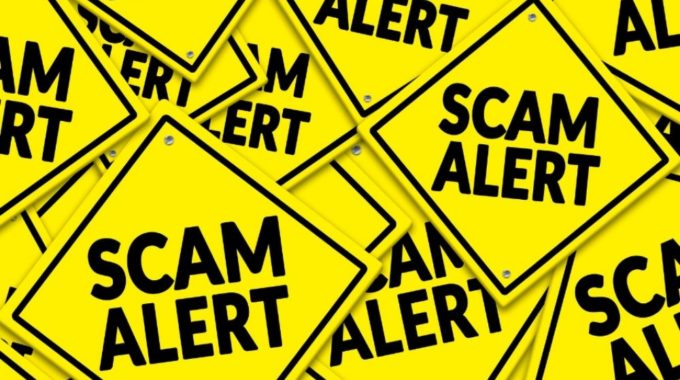
We all need to know how to avoid online scams, particularly now they are on the increase with more of us working online from home. Working from home may not give us the same security and protection as working within business premises.
It is important we understand how to avoid online scams and put practices into place to protect both ourselves personally and our businesses.
Below are some useful resources on how to avoid some of the more common scams and to protect your business from fraudsters.
HMRC SCAM WARNING
Fraudsters are quick to respond to new and emerging issues in order to steal information and money. Fraudulent messages being sent as though from HMRC are on the increase.
If you receive a suspicious email, phone call, letter or text from someone claiming to be part of the HMRC you can double-check this against a list of confirmed messages sent out by the department. If you have an accountant, it’s also worth forwarding any message to them.
The Gov.UK page has a list of the recent communications sent out by HMRC so you can check if what you’ve received is legitimate. The page also has a link for you to report something suspicious.
AVOID AND REPORT INTERNET SCAMS AND PHISHING
In response to recent scams, HM Revenue and Customs (HMRC) has published information and guidance on how to avoid and report scams. Take a read now on the Gov.UK website
IMPROVE YOUR ONLINE SECURITY
For general cybersecurity advice for individuals, Cyber Aware is the government’s advice on how to stay secure online. It is a simple site to use with advice on:
- Improve your password security
- Add extra protection to passwords
- Recover quickly from any hacking attempt
It also has a useful personalised ‘to do’ list to help you protect yourself and your business online.
Visit the Cyber Aware website now to check what action you need to take.
